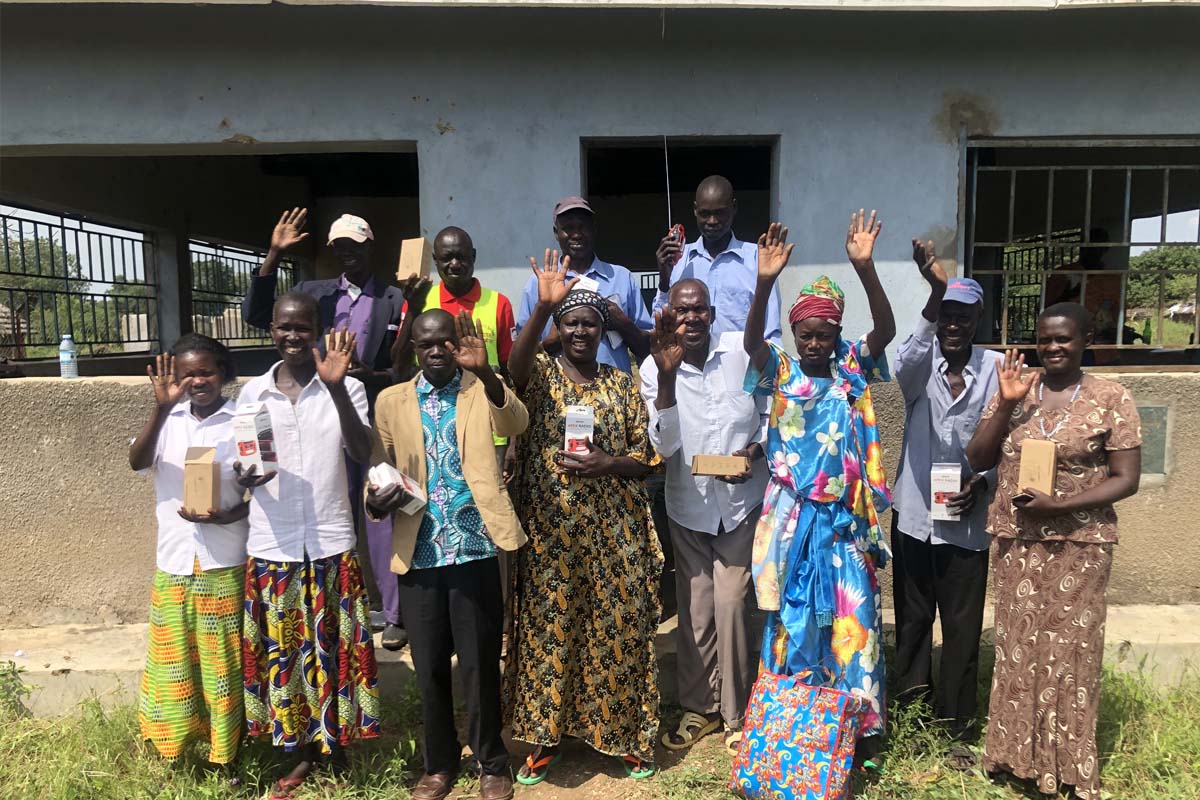
ECOTRUST has for the past one year been playing a lead role in the implementation of the Farmers’ Voice Radio (FVR) component of the NIMFRU (National-Scale Impact Based Forecasting of Flood Risk in Uganda) research project, targeting the flood affected communities of Katakwi district, Eastern Uganda. This project came to an end in March of 2020.
FVR, developed by the Lorna Young Foundation (LYF) acts as a fast, affordable and wide-reaching agricultural extension approach for disaster affected communities, combining indigenous knowledge of farmers with expert advice to create free-flowing, informative radio programs on a variety of topics. Discussions are edited into 15-minute programs and broadcast over a popular local radio station, in this case ETOP radio, using the native language of Ateso. Unique with this approach is that farmers were the experts, dominating majority of the conversations while extension officers and radio presenters merely acted as facilitators and not teachers. This therefore created trusted information that not only challenged attitudes and perceptions, but also encouraged the adoption of new practices to cope with flood risk.
The farmers involved in these discussions, also known as radio listener group members (LG’s), were selected from the three most flood-prone communities in the district during the initial project phase using an all-inclusive approach that took into consideration wealth, gender, disability and literacy. ECOTRUST actively engaged with these farmers to create a series of 24 radio programs over the course of six months. The programs chosen were in line with the five agreed upon FVR targets of; improving crop and livestock production, promoting water conservation, protecting surrounding natural resources, improving health and diversification of livelihoods. To maintain relevancy, the radio programs also coincided with farmers seasonal calendars. Crosscutting amongst all the discussions held was the integration of weather and climate information in order to improve access and understanding of weather forecasts and their implications.
Overall, the project saw an increase in quality and volume of farmer produce, improvement in land management and climate resilience, adoption of better farming practices and an increased uptake in alternative subsistence and livelihood activities such as mushroom growing and poultry keeping. The other stakeholders involved during the implementation included Katakwi district extension officers, Uganda National Meteorological Management Authority (UNMA) and members of the Katakwi Disaster Risk Reduction committee.
ECOTRUST would like to extend her appreciation to the Lorna Young Foundation (LYF) for all the support throughout the course of this project. It’s our hope that both state and non-state actors will borrow lessons from its success to help more disaster-prone communities around Uganda.
A toolkit of Farmers’ Voice Radio resources is now available online for any organisation wishing to implement its own participatory radio project. Visit www.farmersvoiceradio.org to view and download or contact hdavis@lyf.org.uk for more information.

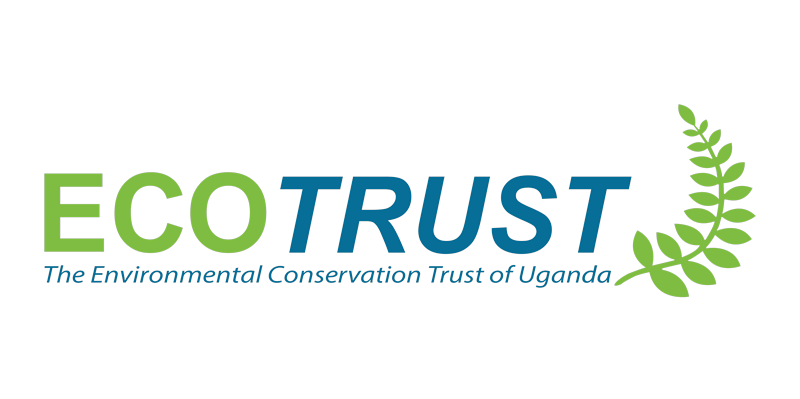
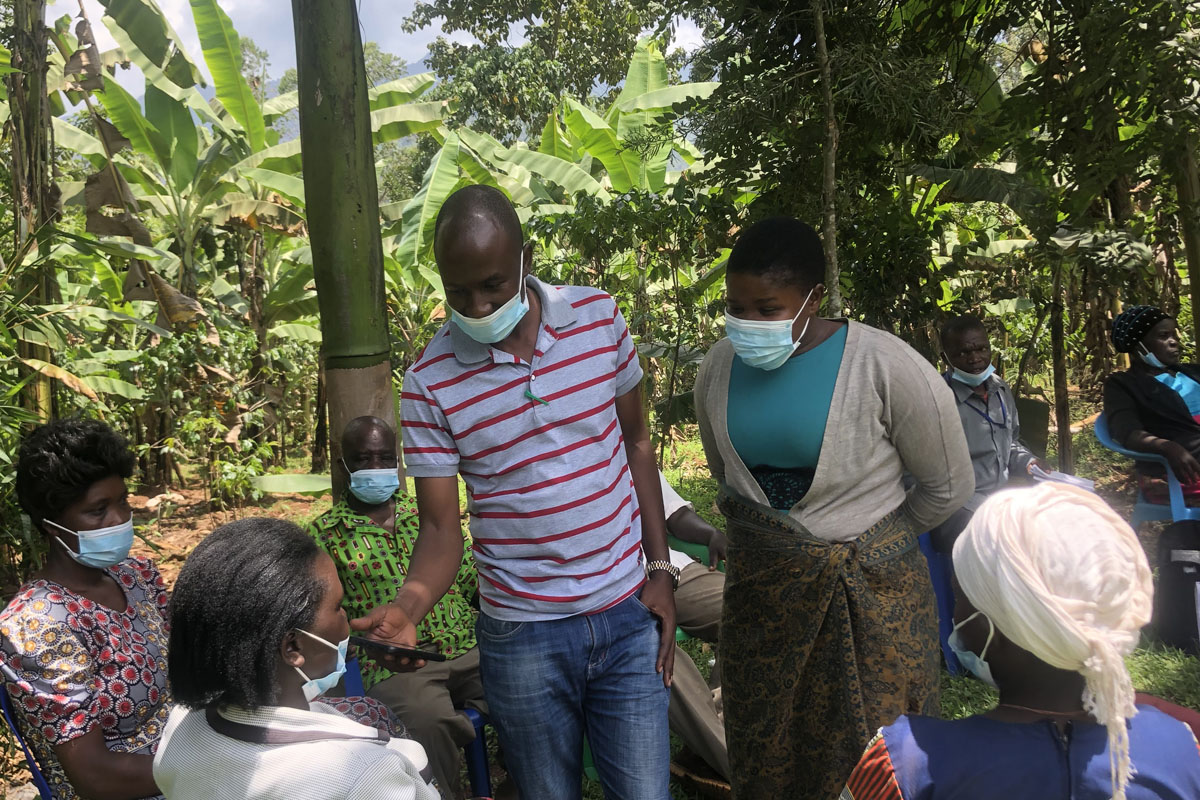
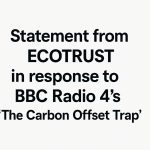
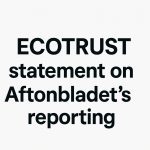
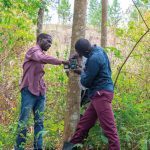
Follow Us On